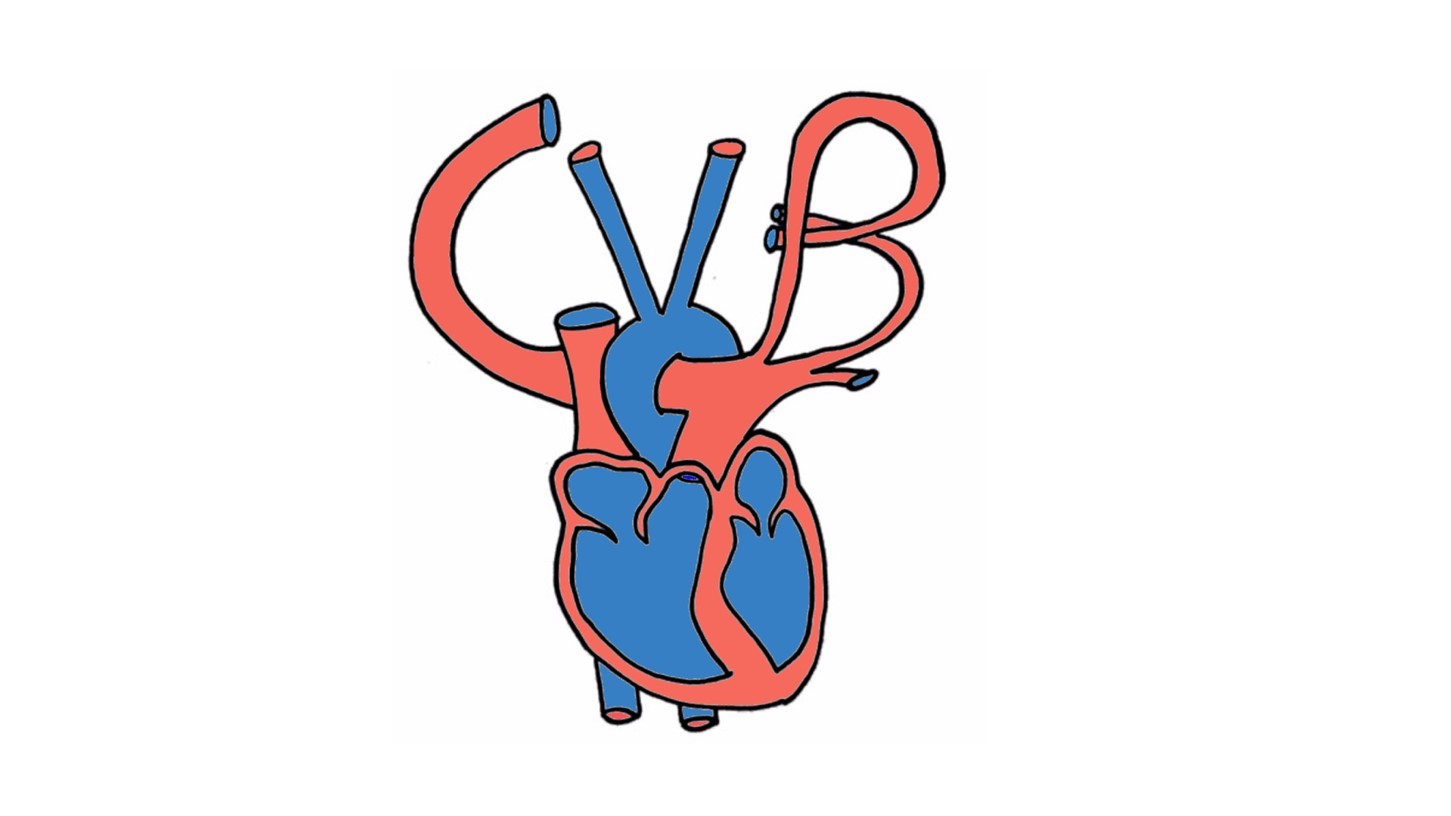CardioVascular Biomechanics Laboratory
Empowering the cardiovascular system by bridging physics, biology and engineering
Our Research
Our research areas include the biomechanics and mechanobiology of the cardiovascular system, biomechanical mechanisms of cardiovascular diseases, and the development of new diagnosis and treatment of cardiovascular diseases.
Opportunities forStudents
We’re always looking for motivated graduate and undergraduate students to work on interesting projects related to ex vivo cardiovascular tissue mechanical tests, in vivo heart function measurement, computational modeling, preclinical models, and cell culture and tissue engineering (fabrication of bioscaffolds) experiments for mechanobiology study.
Industry Partnerships
We are open to collaborating with industrial partners to evaluate the therapeutic outcomes of new medical devices or drugs on cardiovascular diseases.
The Lab
Welcome to the CardioVascular Biomechanics (CVB) Laboratory at Colorado State University. The lab is directed by Mechanical Engineering Assistant Professor Zhijie Wang. It is located at the Scott Bioengineering Building in Fort Collins, Colorado.
Our mission is:
- To explore and reveal new biomechanical principles that underlie physiological and pathological states of the cardiovascular system
- To identify key biomechanical factors for the diagnosis and evaluation of cardiovascular disease progression
- To inspire and develop novel treatment strategies for cardiovascular diseases

We would like to acknowledge Annie Zhou and Hoang-My Tran for the “CVB heart” logo design!
Real World Impact
Cardiovascular disease (CVD), including heart disease and stroke, is a leading cause of death in the US. It accounts for one of every three deaths. Presently, the US spends more than $1 billion each day on CVD. Medical costs are predicted to further increase in the coming decades due to increased diabetes, hypertension and an aging population.
Biomechanical properties of the cardiovascular system, including the pulsatile blood flow/pressure and arterial stiffness and resistance, significantly affects the cardiac function and contribute to morbidity and mortality of various types of diseases. A better understanding of biomechanics and mechanobiology of the CV system will improve the management and treatment of CVD patients and reduce the economic and social burden on society, leading to improved quality of life.
CVD is associated with local (e.g., arterial stiffening) or global (e.g. blood pressure elevation) biomechanical changes in our body. Dr. Wang’s research aims to investigate the biomechanics and mechanobiology of cardiovascular tissues in CVD development using state-of-the-art ex vivo tissue and organ mechanical testing systems as well as other interdisciplinary means: medical imaging, microscopic imaging, cardiac physiology, biology, genetics, tissue engineering and more.



